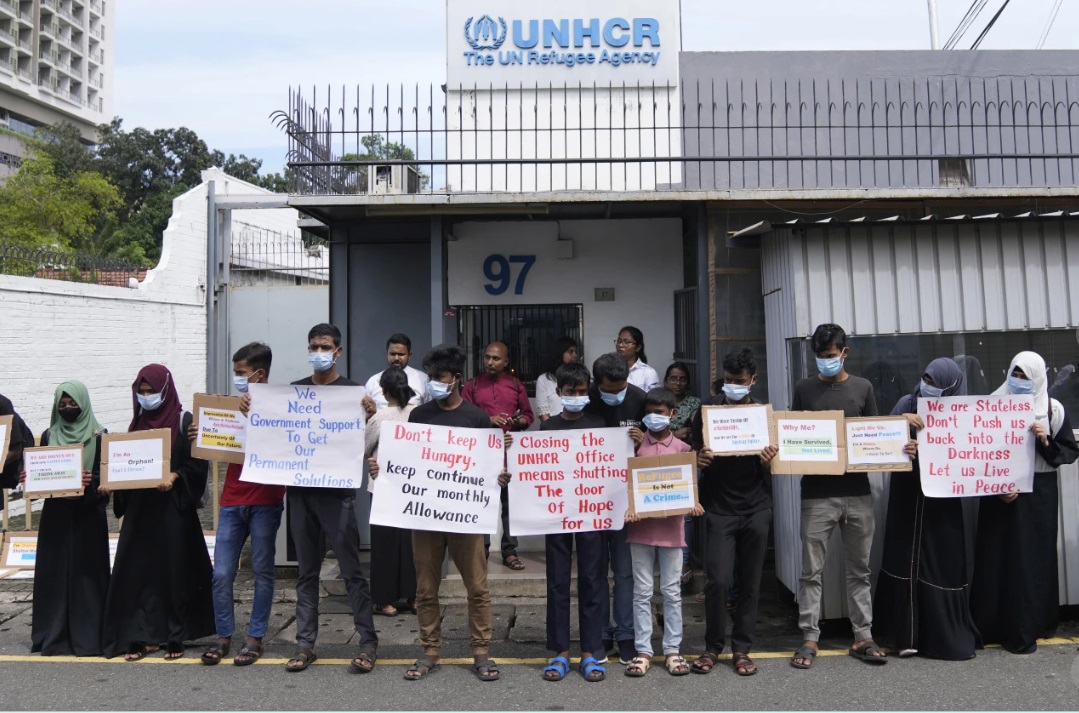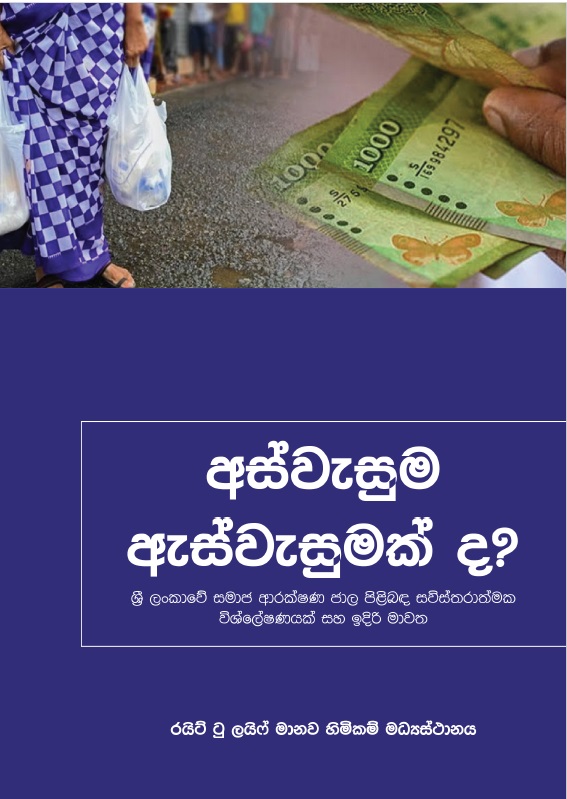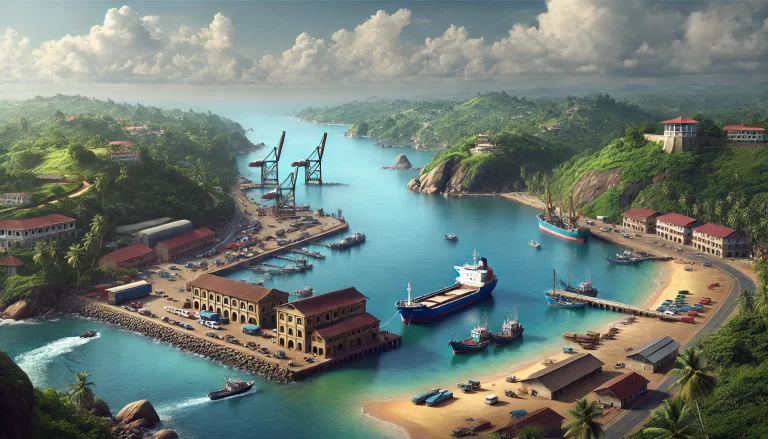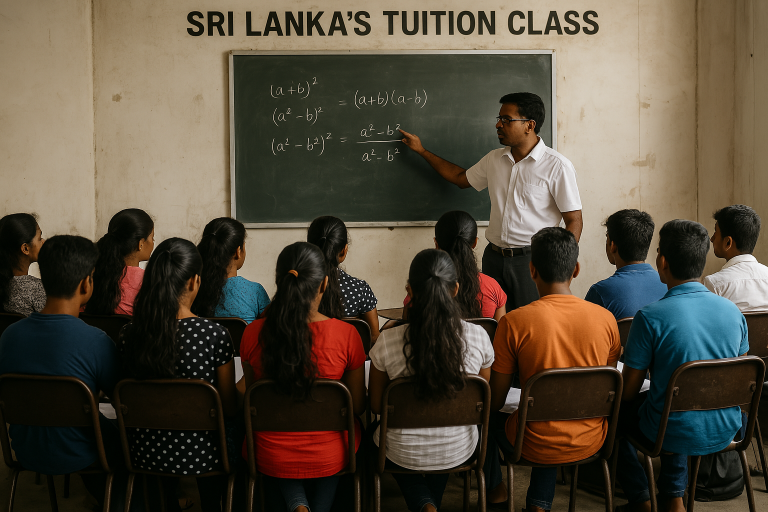Fear gripped roughly 100 Rohingya refugees in Sri Lanka as they protested outside the UN refugee agency’s office on Tuesday. With the agency’s closure looming at year’s end, their basic living allowance and prospects for permanent resettlement hang precariously in the balance.
These refugees, mostly rescued at sea while fleeing Myanmar’s brutal crackdown, haven’t found much solace in Sri Lanka either. Though offered limited healthcare, they languish in a limbo where work and education are forbidden. This, on top of the language barrier and lack of family support, paints a bleak picture of their existence.
“We didn’t choose Sri Lanka,” they pleaded in a petition to the UNHCR. “We endured hardship in detention and now face a life of uncertainty, statelessness looming for us and our children.” Their desperate plea begs for a permanent solution in another country.
Adding fuel to the fire is the imminent closure of the UNHCR office, which was once a vital lifeline during Sri Lanka’s civil war. The agency’s silence on the matter only amplifies the refugees’ anxieties.
Rights activist Ruki Fernando sheds light on the refugees’ plight, highlighting their dependence on the UNHCR allowance and limited healthcare. He points out the tragic lack of education for children and the ban on work for adults, further constricting their options.
The Rohingya refugees in Sri Lanka stand at a crossroads. Their uncertain future, coupled with the closure of the UNHCR office, paints a stark picture of vulnerability and desperation. Their plea for a permanent solution echoes the need for a global response to this ongoing humanitarian crisis.







